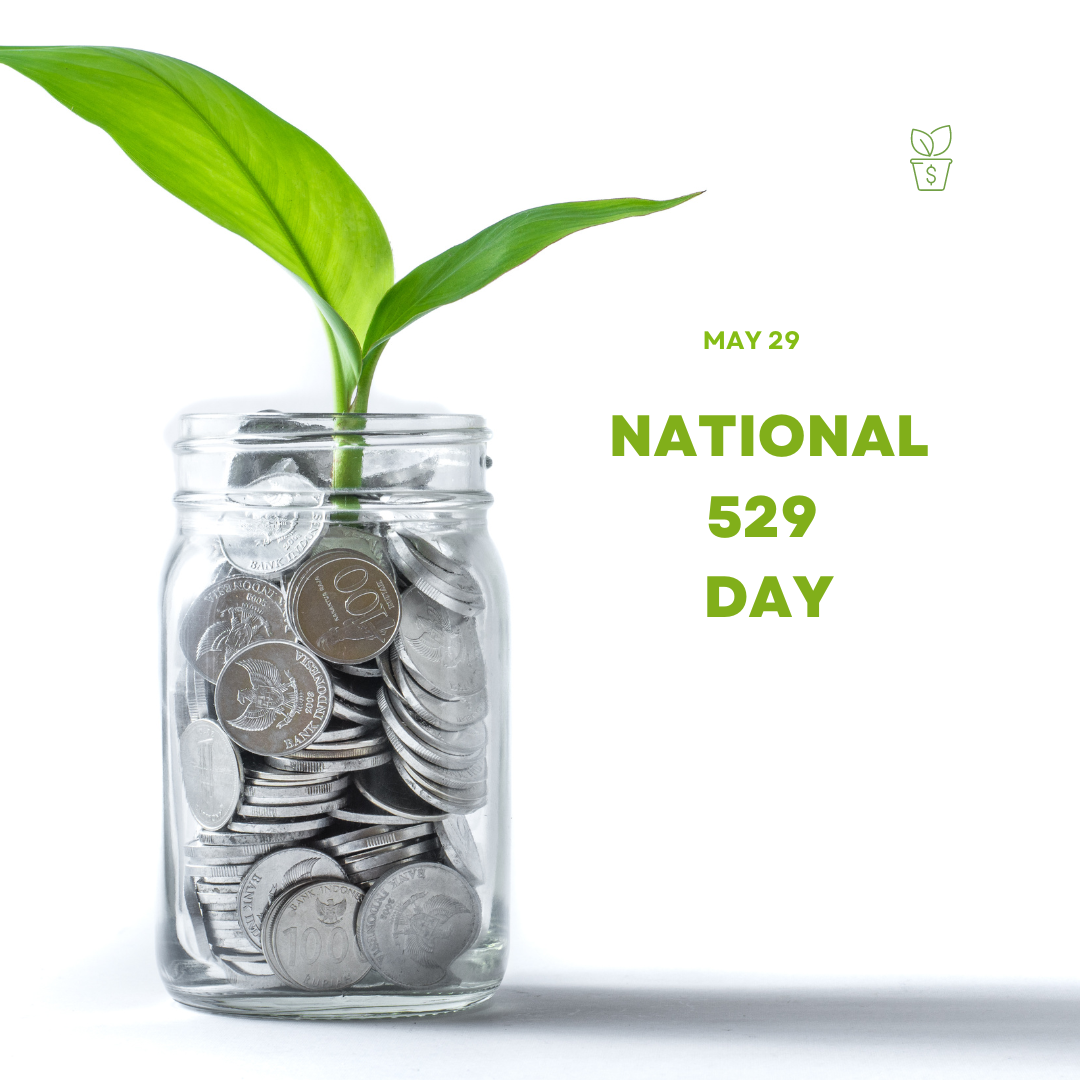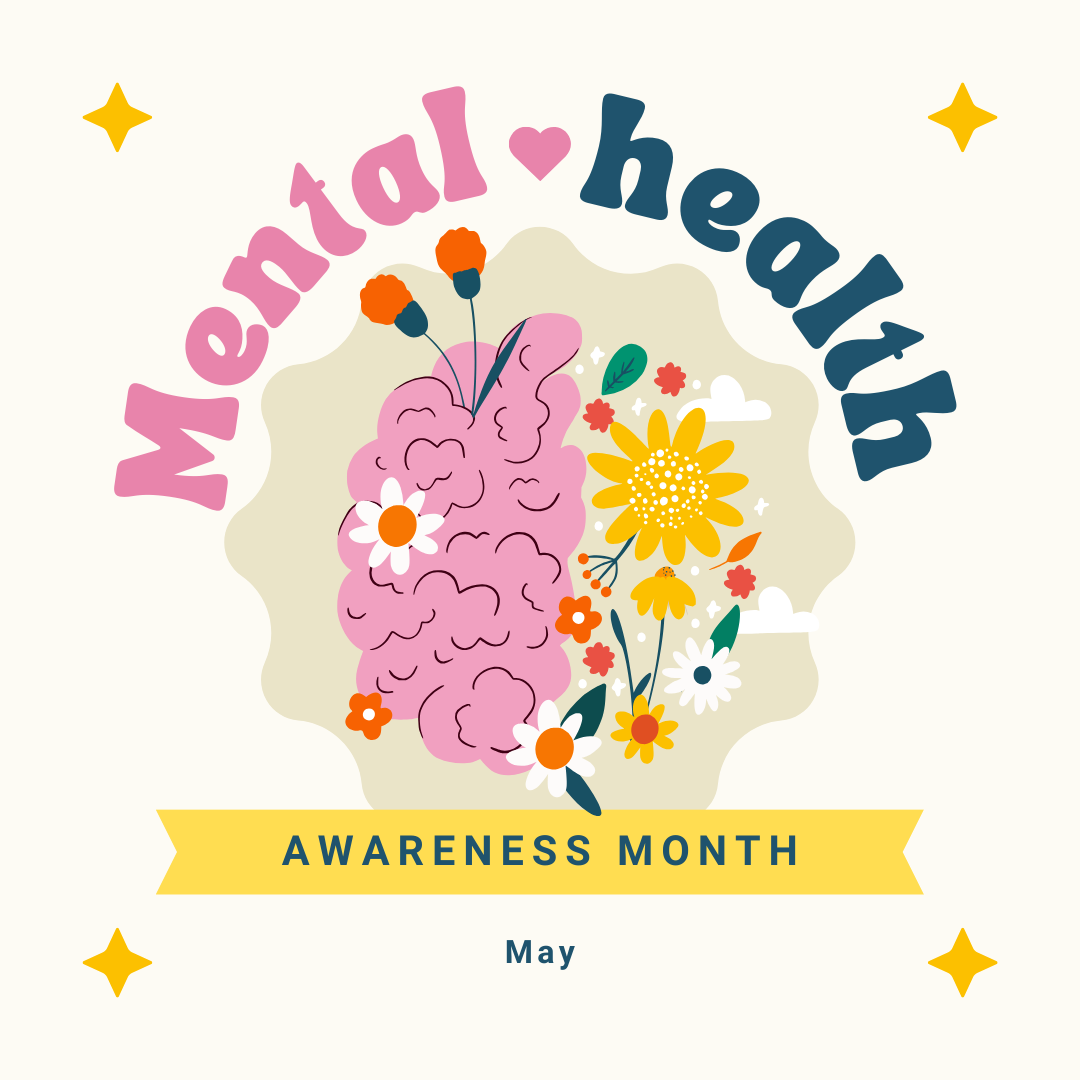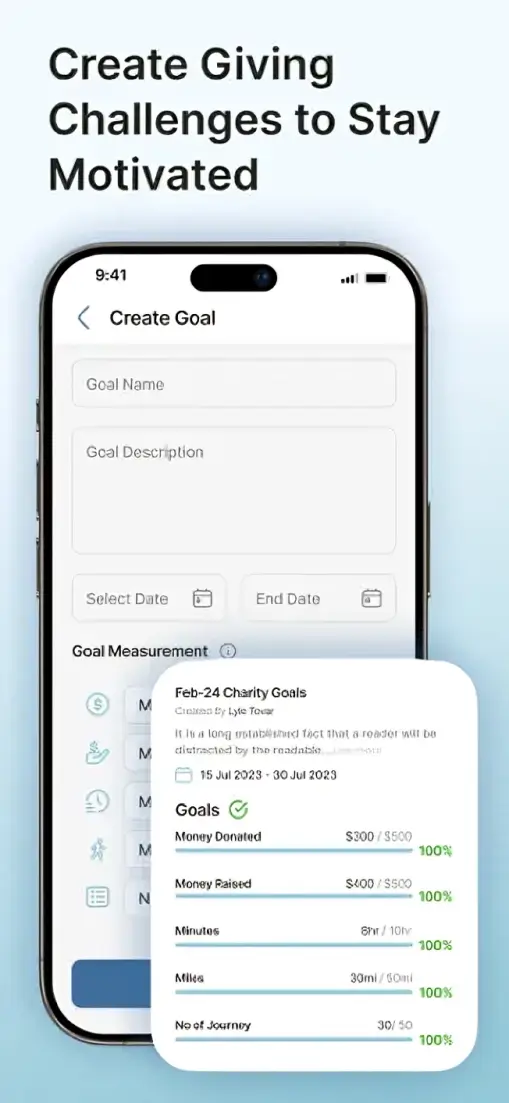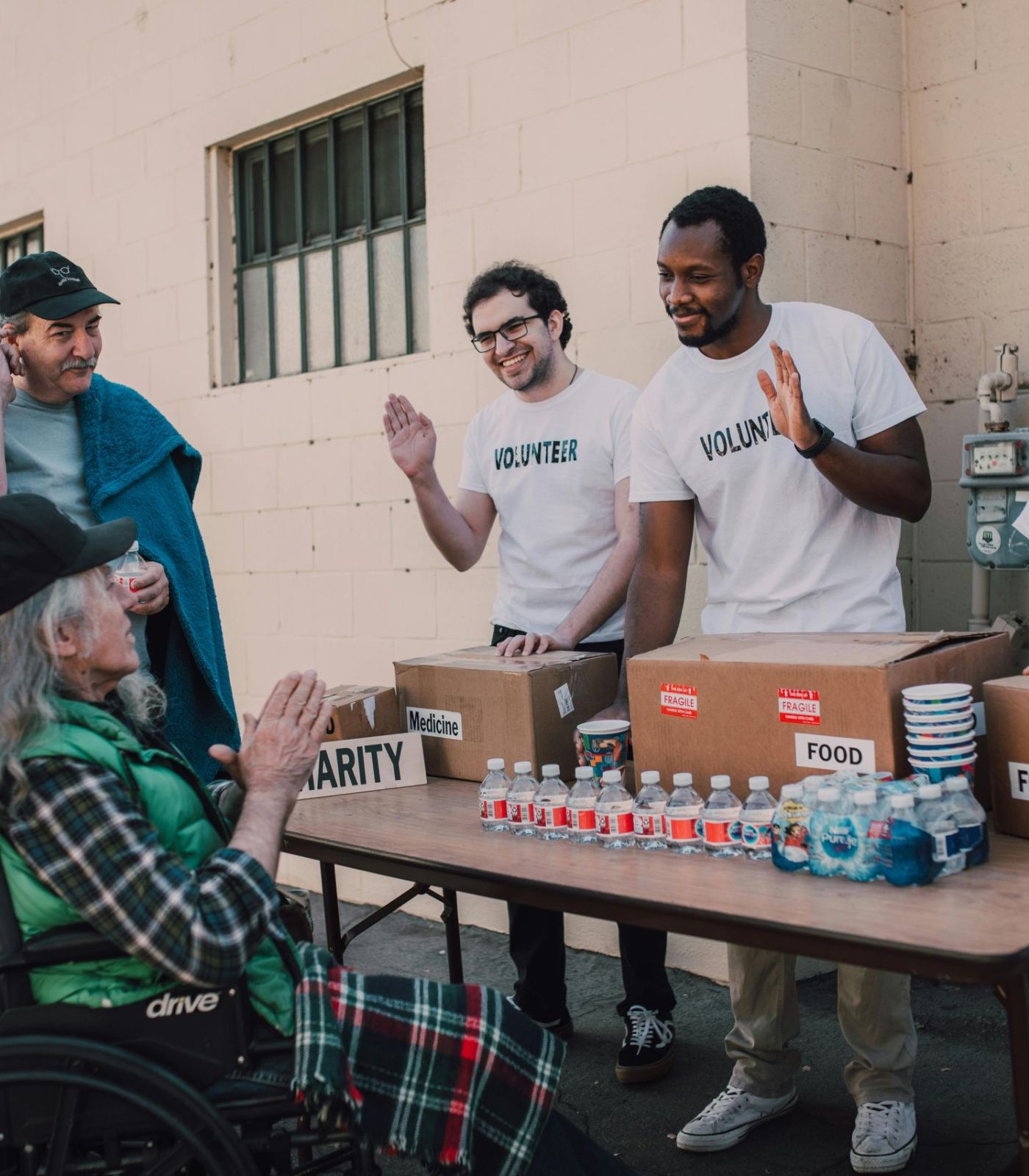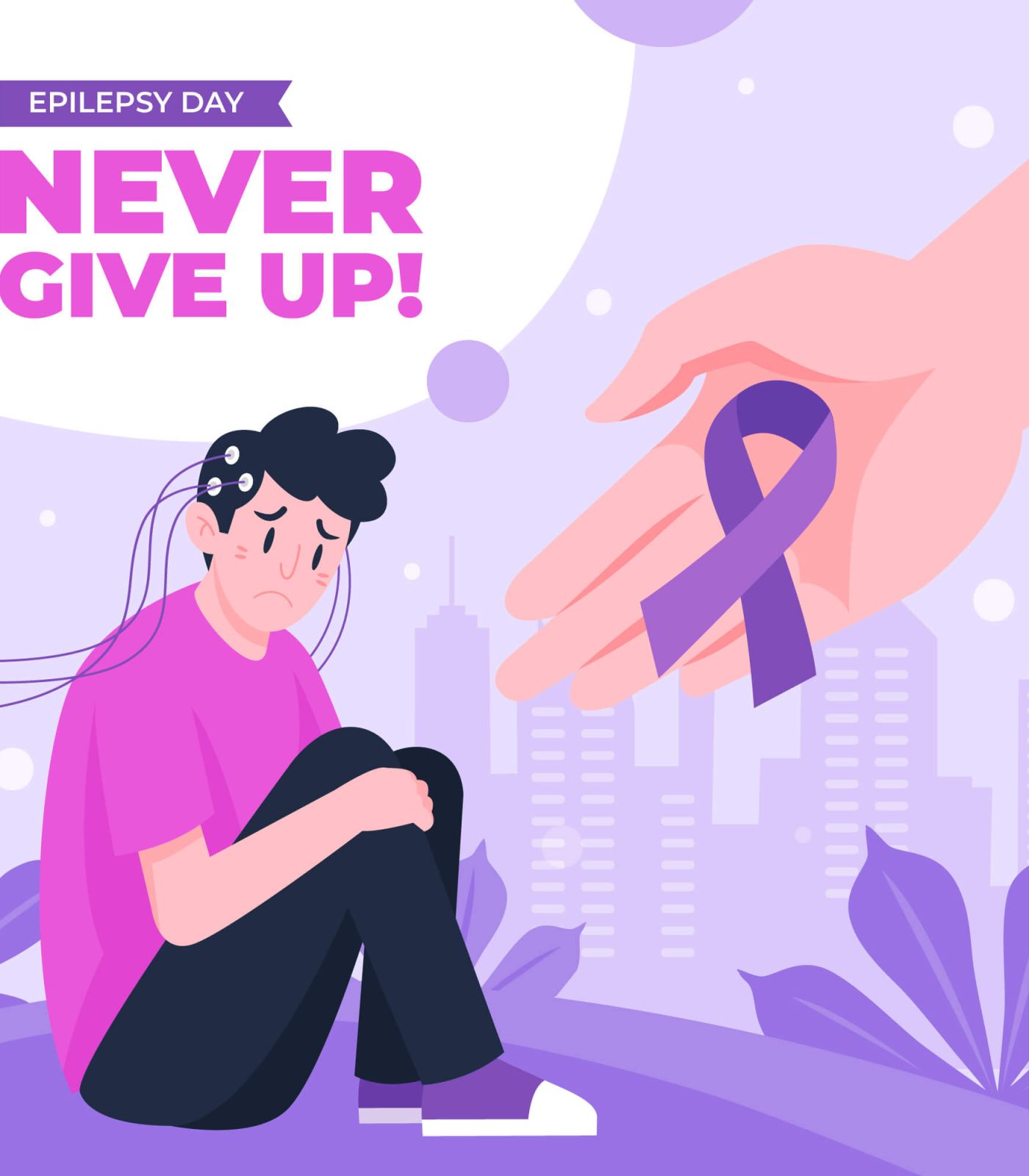People often volunteer because they want to do good and help others. Some may appreciate the added benefits of a sense of pride and identity. But did you know that while volunteering can transform the world around you, it can also reshape your life and well-being? Volunteering’s less obvious benefit lies in its ability to reduce stress, fend off depression, keep you mentally stimulated, and infuse your life with purpose, as noted by HelpGuide.org. Volunteering enriches the lives of both the giver and the receiver. And, beyond the intrinsic rewards of lending a hand, volunteering offers a surprising boon to our health—it might even help us live longer.
The psychology of giving and volunteering is backed by encouraging research. Experts suggest that engaging in volunteer work could potentially increase lifespan due to our innate need for social interaction, which is fulfilled through such activities. In fact, The Mayo Clicnic reports that volunteering offers significant health benefits, especially for older adults, including:
- Lower rates of depression and anxiety, especially for people 65 and older.
- Older volunteers experience greater increases in life satisfaction and self-esteem.
- Exploring careers, sharpening skills, staying active during retirement, meeting new people, and serving their communities.

In 2007, The Corporation for National and Community Service released research on the health benefits of volunteering, citing the “helper’s high,” increased trust in others, and increased social and political participation. The research again reiterated a strong relationship between volunteering and health: those who volunteer have lower mortality rates, greater functional ability, and lower rates of depression later in life than those who do not volunteer.
Why? Engaging with others through eye contact and smiles triggers the release of oxytocin, a hormone that plays a crucial role in managing stress. Moreover, the physical nature of many volunteering activities—building houses with Habitat For Humanity or running the Boston Marathon to raise funds for a hospital, for example—contributes to better physical health by encouraging a more active lifestyle. It’s like your body and mind high-five each other for doing something awesome.
Humans are social beings, and volunteering is a way to fulfill that need by making like-minded friends and connections. Volunteering brings you closer to people with the same giving spirit, creating unbreakable bonds. It’s about being part of something bigger than yourself, a part of a community of folks who are determined to make a significant impact.
Summa Health also reported that volunteering can contribute to a healthier — and perhaps longer — life. Their report cites that increased stress, high blood pressure, depression and loneliness all can have a detrimental impact on your health. But, simply reducing or eliminating just one or two of these conditions through volunteering can greatly improve your overall health and quality of life.
Now it’s easy to amplify your support and help inspire even more volunteers by using Benefact4. Every time you volunteer, you can share your story through the app. Recording your giving journeys is not about patting yourself on the back but rather, about lighting the way for others. When you share the causes you’re passionate about, you inspire more people to roll up their sleeves and dive into the world of giving. It’s like creating a wave of kindness that keeps getting bigger and brighter.
Engaging in volunteer work intertwines with our well-being, proving that when we give back, we also give to ourselves—improving our physical, mental, and emotional health. Looking back at your journey of kindness through Benefact4, you realize how many lives you’ve touched, including your own, which can further contribute to the benefits of improved health, enriched social connections and inspiring others.

